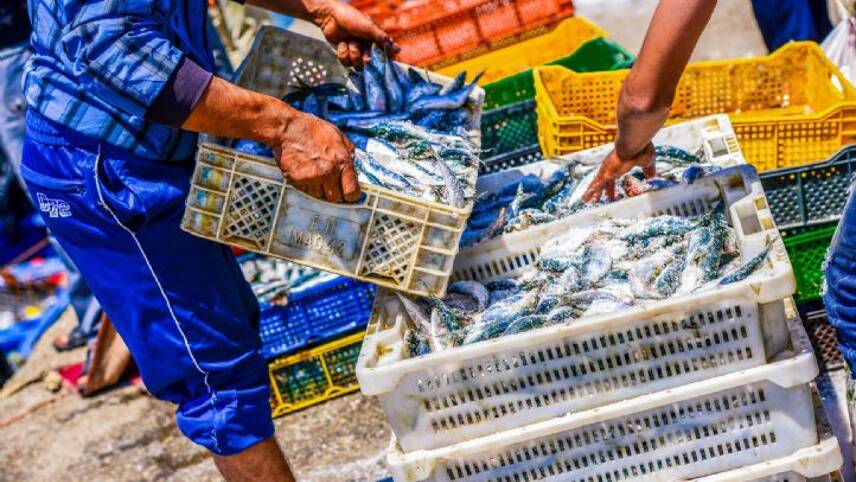Register for free and continue reading
Join our growing army of changemakers and get unlimited access to our premium content

Of the 24 banks surveyed by WWF and Global Canopy
In partnership with anti-deforestation non-profit Global Canopy, WWF surveyed 24 of the largest regional and national banks across South East Asia and Brazil, quizzing them on their commodity-specific lending policies for so-called ‘soft commodities’ such as seafood, soy, cattle and palm oil.
These regions were selected due to the growing markets for these commodities, with South East Asia set to produce a quarter of the world’s seafood by 2030 and nations such as Indonesia popular for palm oil planting.
Published today (8 January), the results of the survey reveal that none of the banks had a framework in place to help mitigate and manage the negative environmental and social impacts of the seafood firms they lend to.
As for palm oil, almost one-third (30%) of the banks had set sector-specific lending policies which include sustainability clauses. However, only one firm had publicly committed to help the palm oil companies within its portfolio reduce their deforestation impact.
These findings have led WWF and Global Canopy to conclude that finance firms now have a “historic opportunity” to help the soft commodities firms they invest in improve their climate, deforestation and human rights frameworks – boosting their own profits in the process.
“The banking sector in South East Asia has a historic opportunity to underwrite regional food security and reap the multi-trillion-dollar benefits across its lending and investment portfolios,” Global Canopy’s senior sustainable finance associate Tom Bregman said.
“But first there is a real need to put in place policies that properly assess the environmental and social risks of those they finance.”
Sustainability and profitability
According to the United Nations Environment Programme, the total monetary value of the world’s natural commodities such as clean water, fresh soil and clean air stood at £53trn in 2010.
Since then, WWF research has found that trends such as land use change have reduced this figure, with poor agricultural practices alone costing the global economy $4-20trn per year between 1997 and 2011.
Amid growing consumer and investor demand for sustainable business practices, compounded by scientific studies concluding that the need for action on climate challenges is now greater than ever, the onus is now on finance giants to spur the corporate sphere’s low-carbon transition.
Divestment drive
The WWF survey comes at a time when banking and insurance giants are increasingly announcing plans to make their portfolios more sustainable by divesting from coal companies and those linked with deforestation, amid concerns that the next financial crash will be climate related.
The Cerrado Manifesto – a voluntary commitment act to prevent deforestation in Brazil’s tropical savanna – has been signed by 76 big-name investors to date, for example, after LGIM, APG and Robeco signed up last July.
Similarly, LGIM recently announced that it would divest from a host of companies it believes are showing “persistent inaction” on addressing climate risks.
Sarah George


Please login or Register to leave a comment.